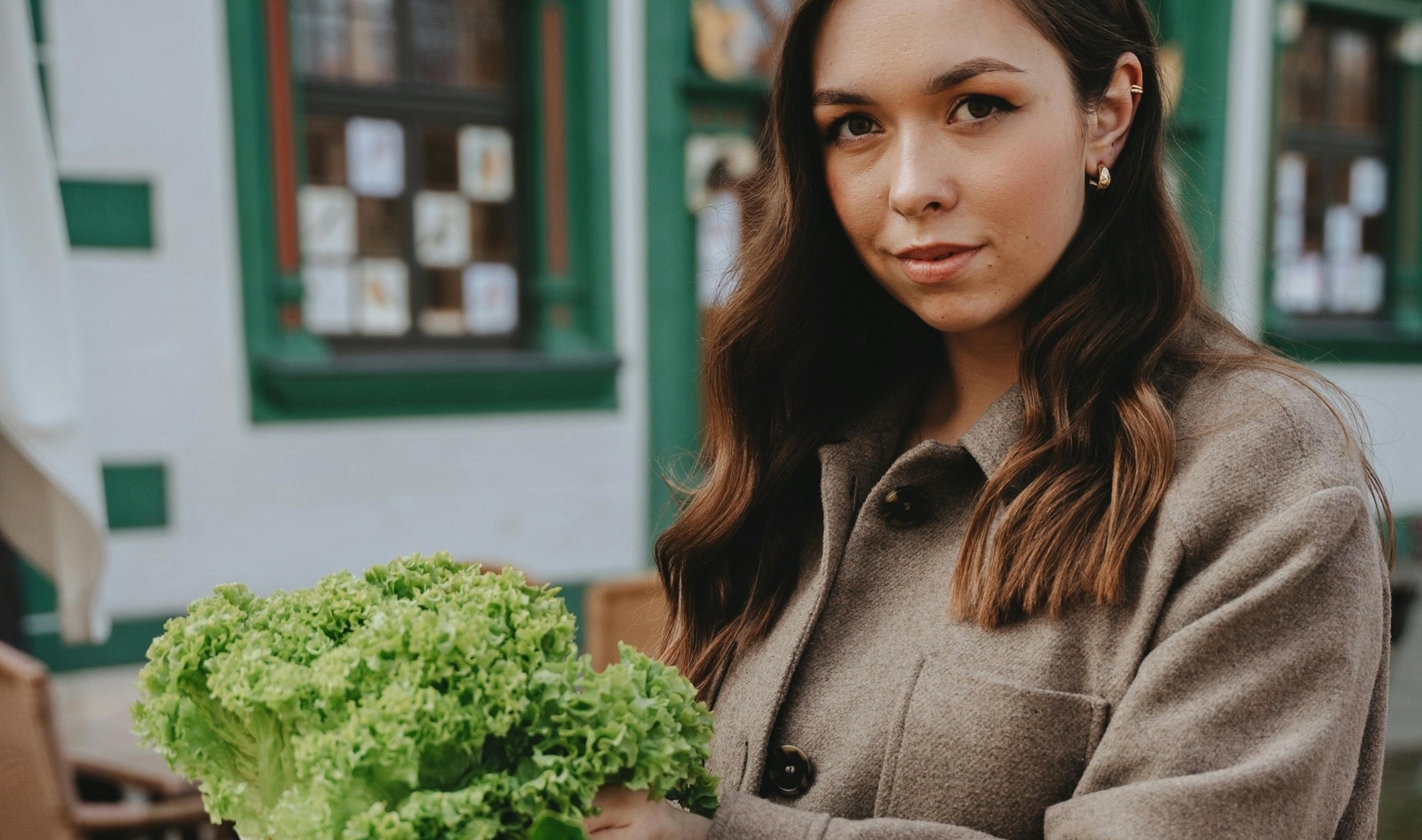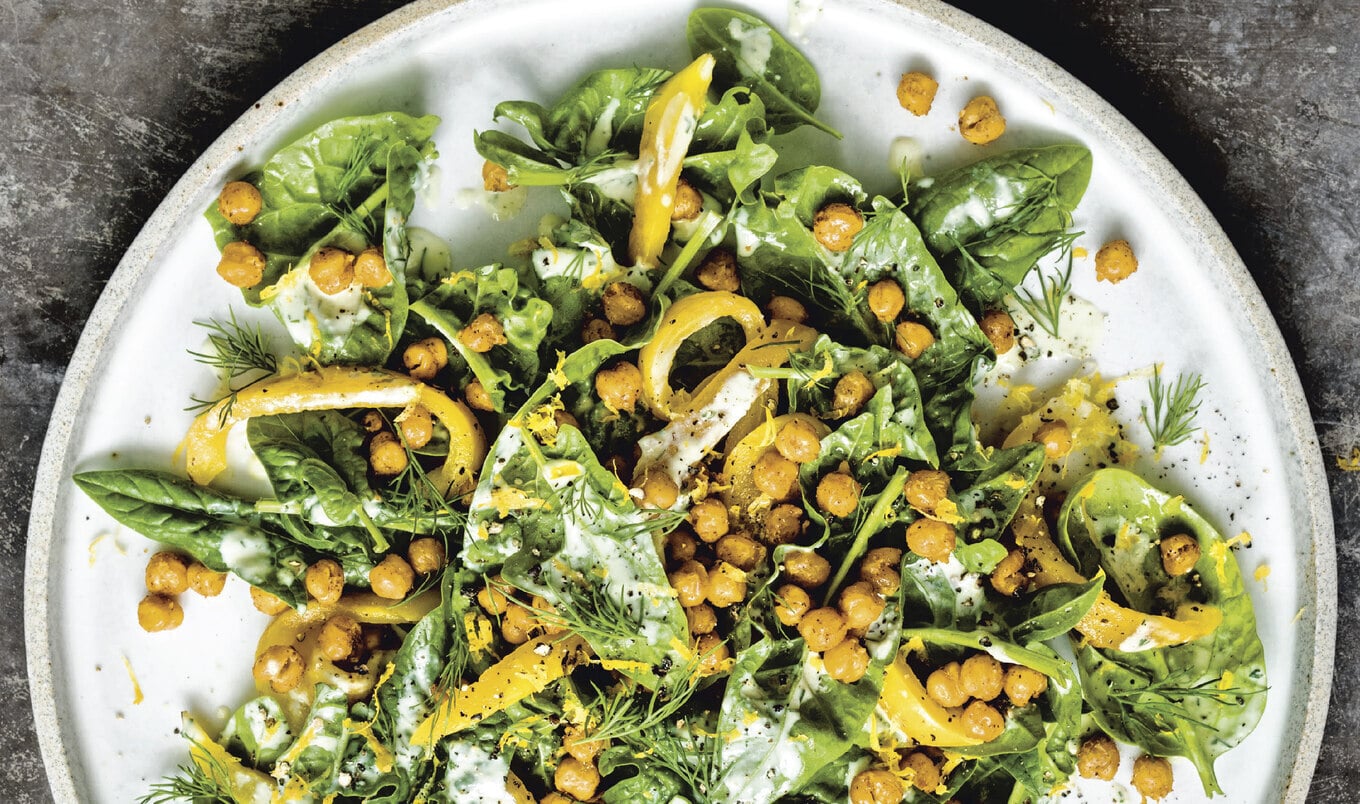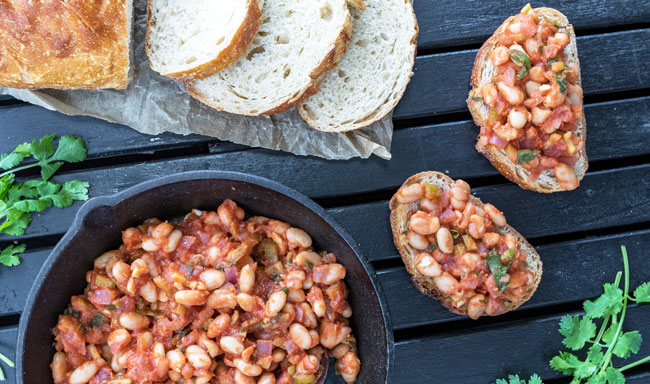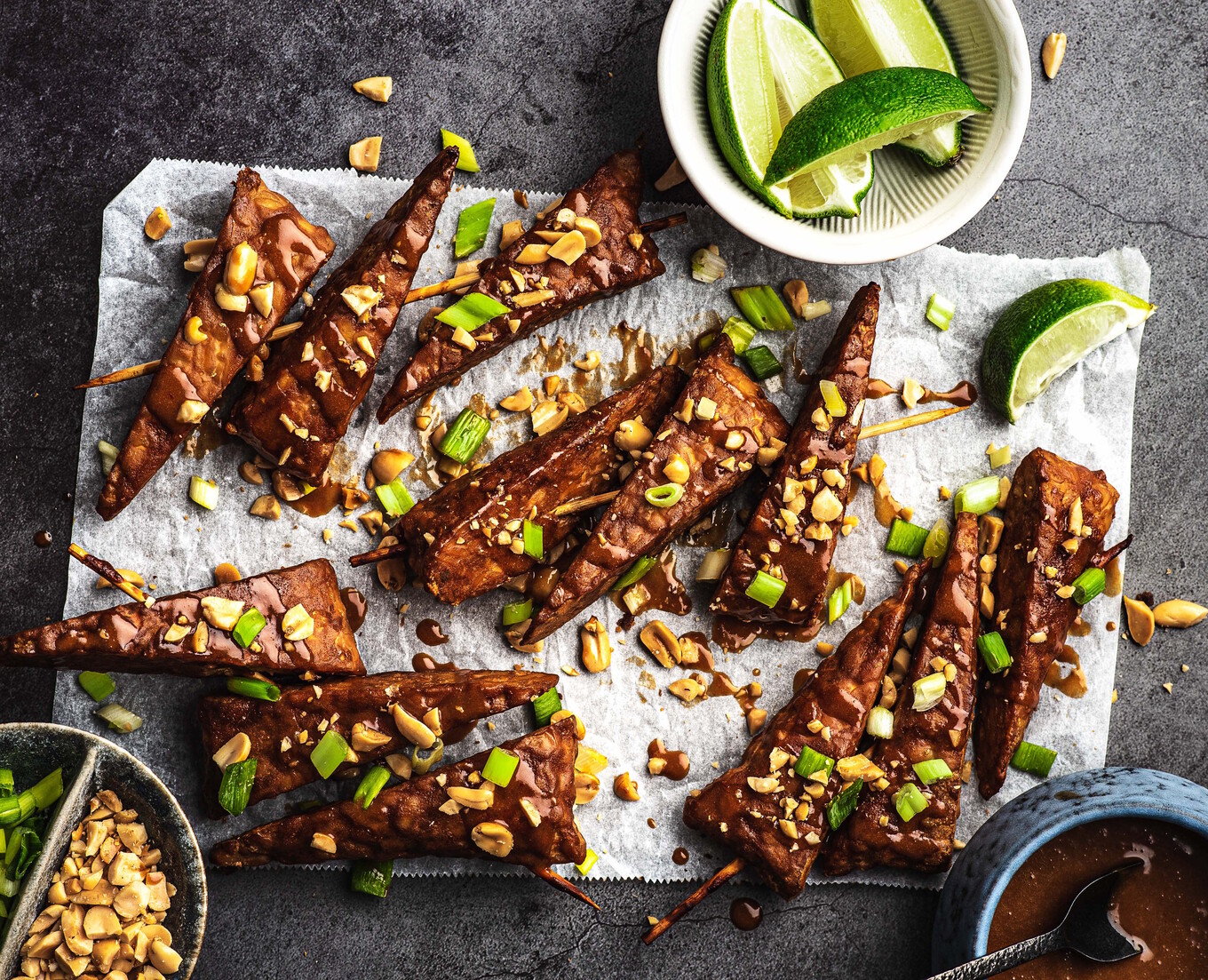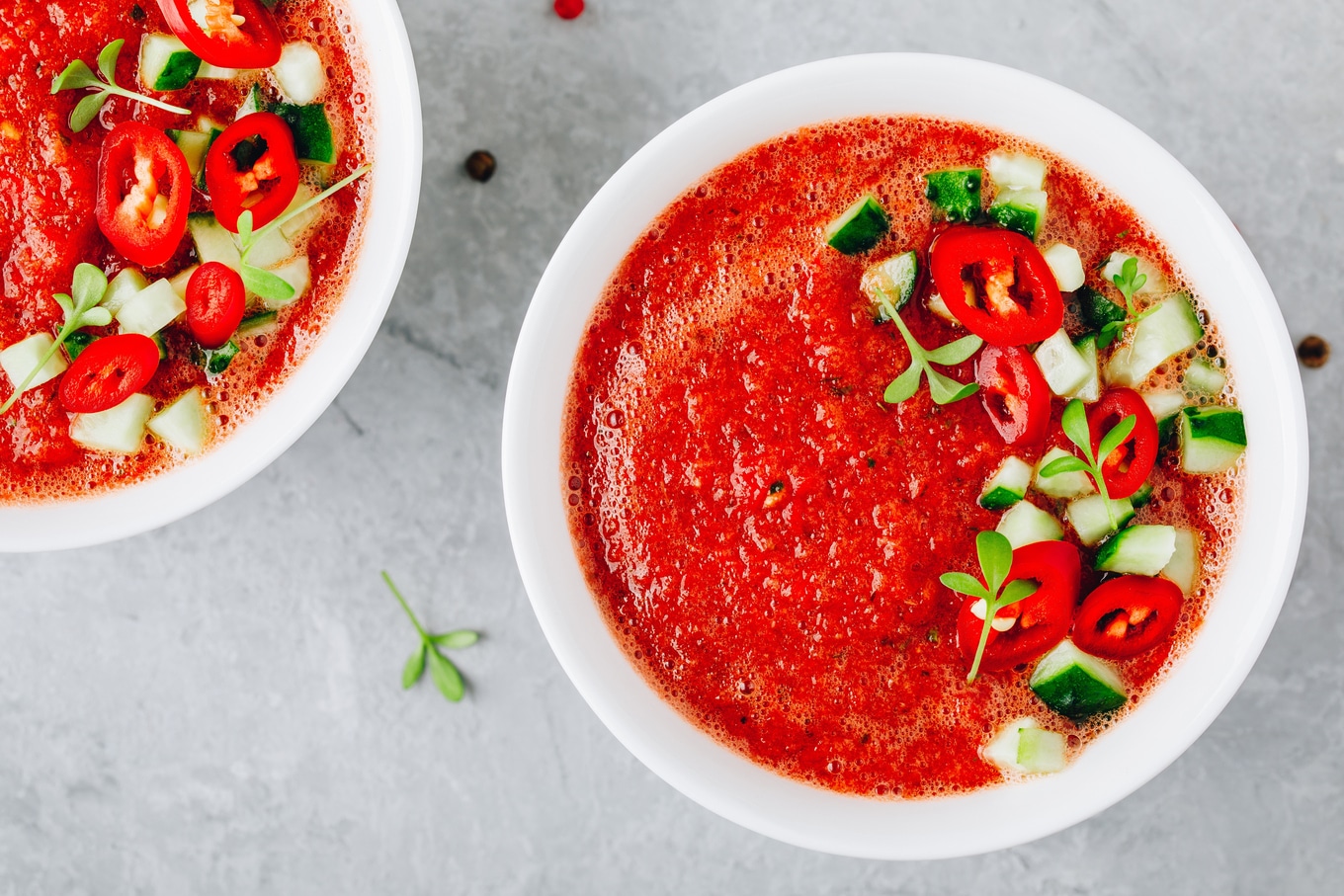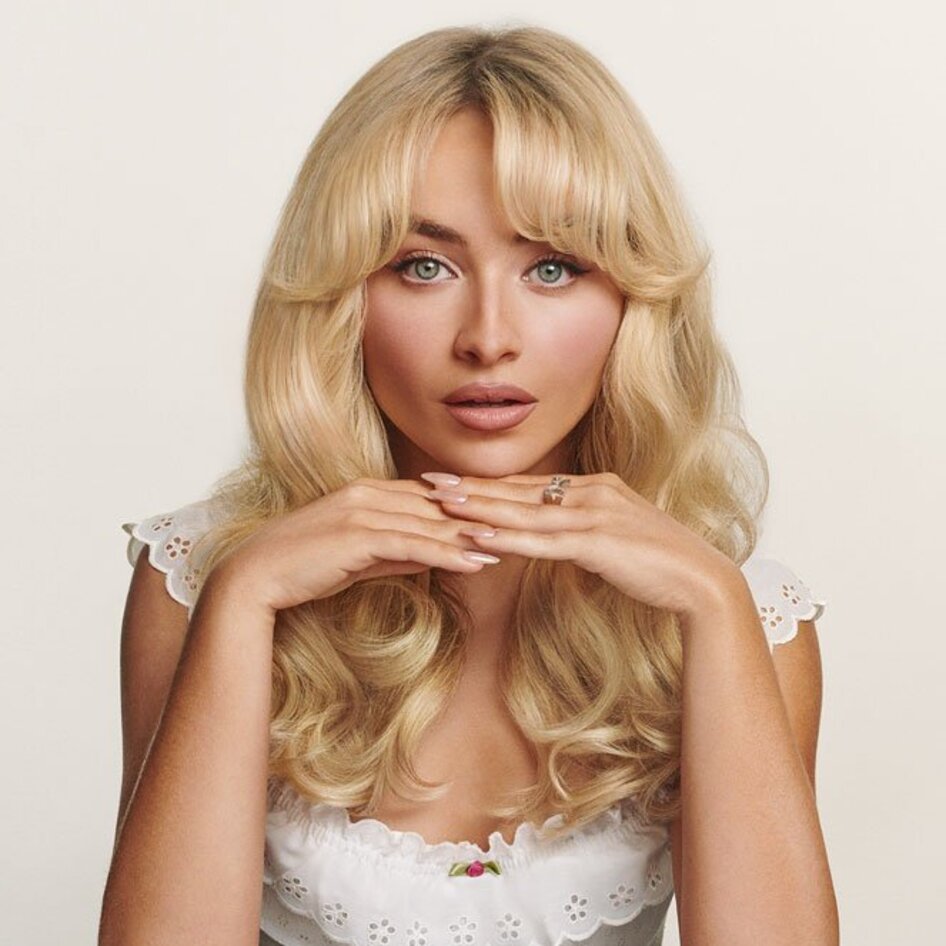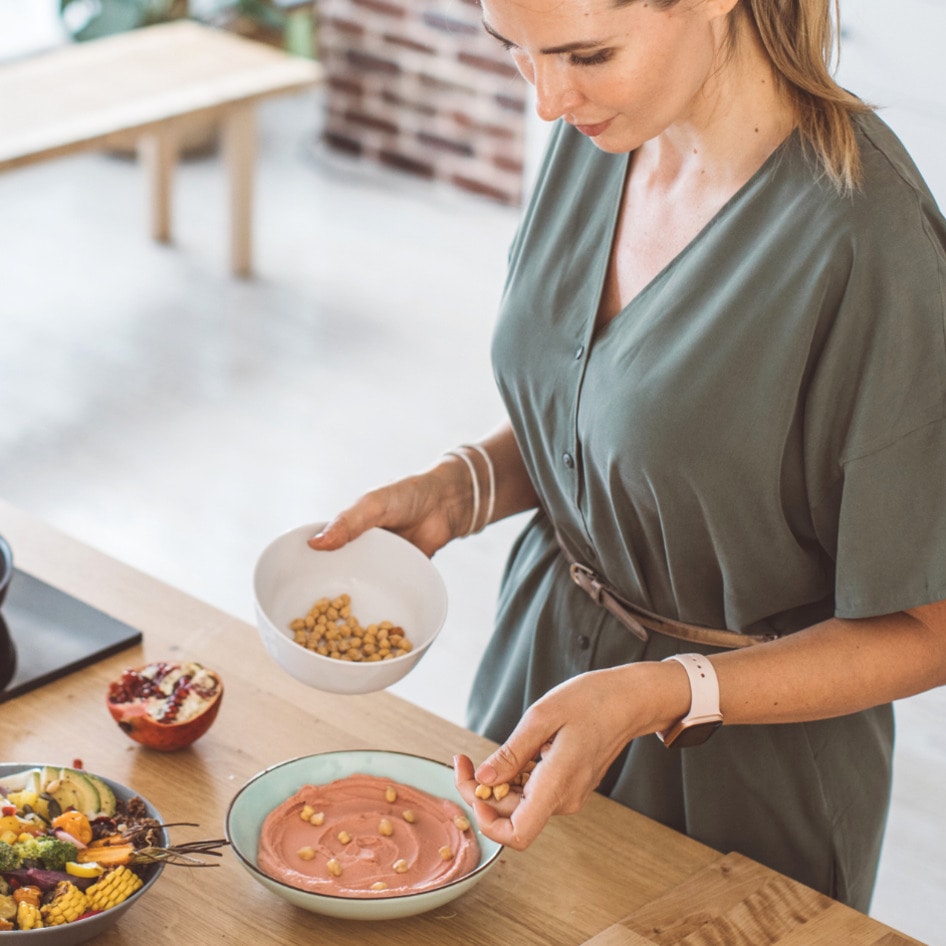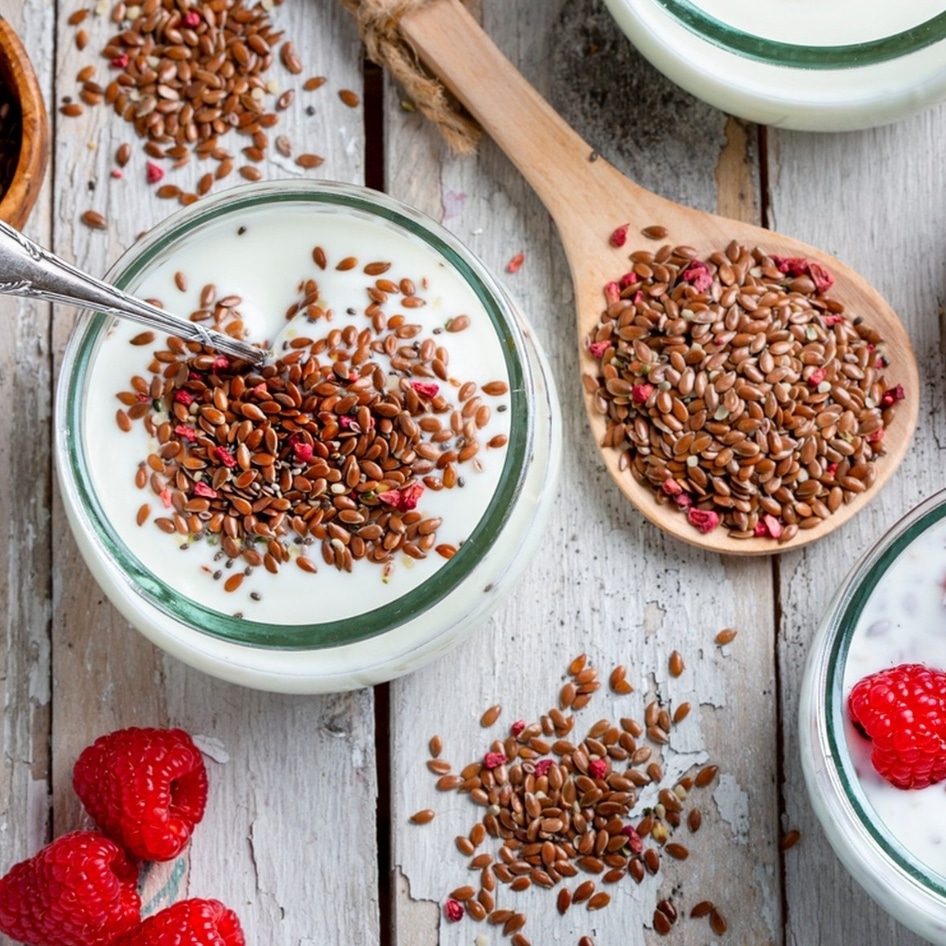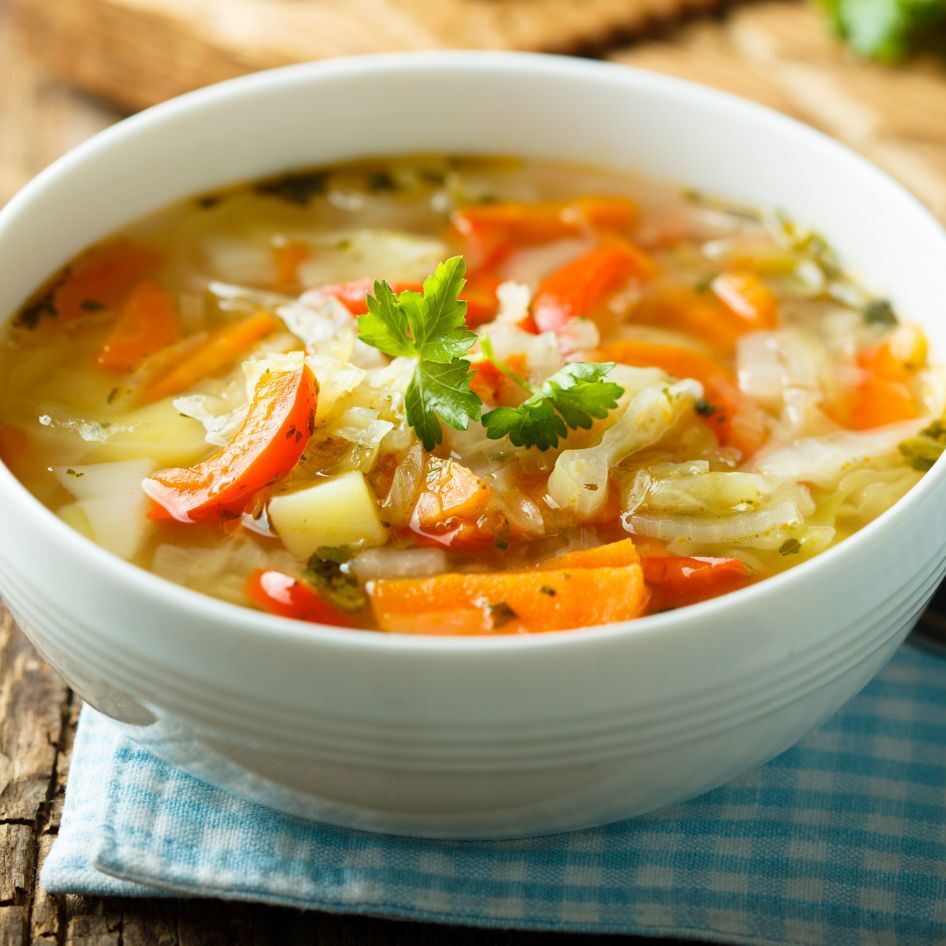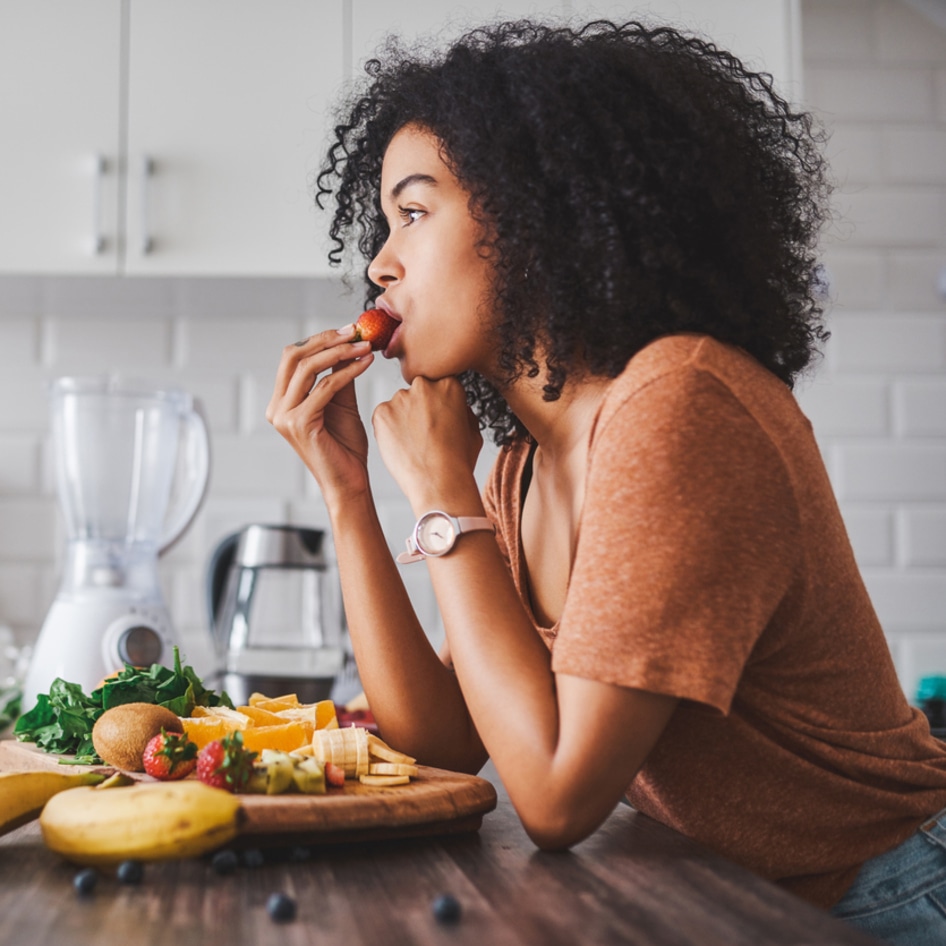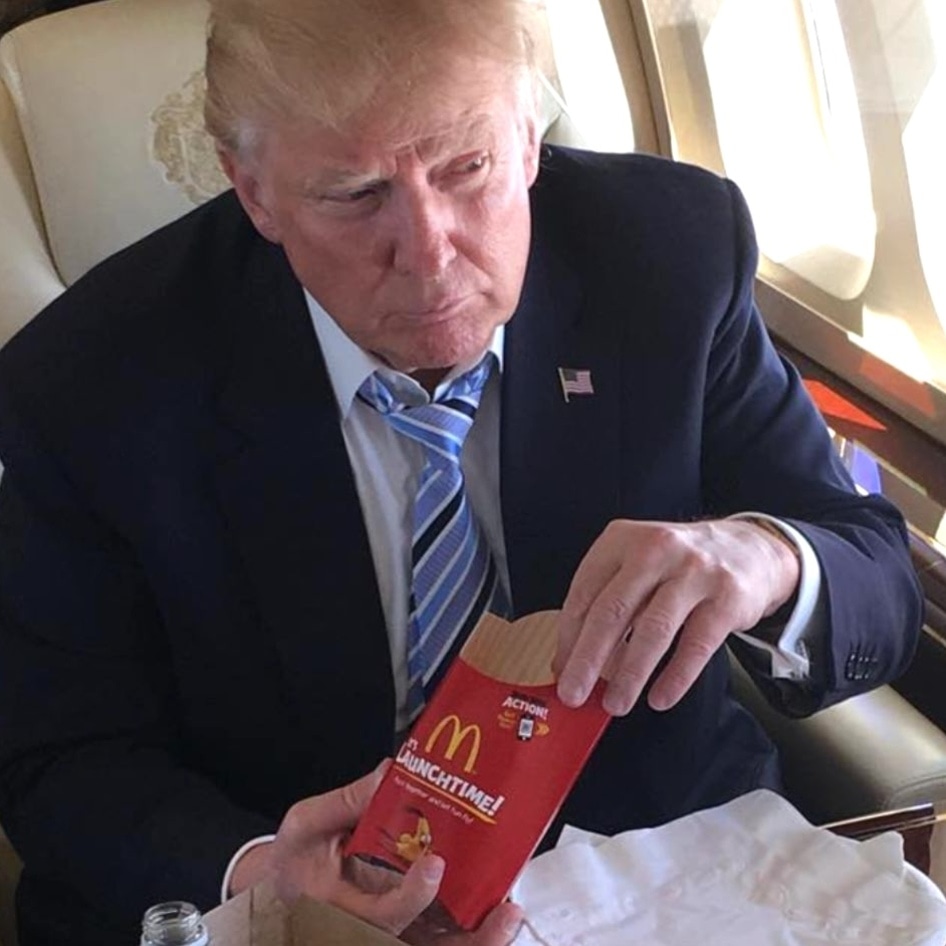The hair growth industry is massive. According to IMARC Group, in 2023, the market reached $8.5 billion, and by 2032, it’s set to hit nearly $12 billion. The market research firm notes that shampoos and conditioners dominate the market. However, in recent years, these products have come up against another competitor: hair growth supplements. In fact, that industry alone was valued at more than $7.7 billion in 2023.
“The growing prevalence of hair loss disorders has become a concern worldwide, affecting individuals of all ages and genders which is expected to expand the market growth prospects,” notes Grand View Research, another market research firm. “Factors such as genetics, hormonal imbalances, stress, poor nutrition, and environmental pollutants contribute to hair problems, making them widespread and persistent.”
When it comes to hair loss, many of these contributing factors are not in our control. But there are some things we can do to try and encourage more hair growth, and, research suggests that for many people, paying attention to diet is a big one.
Does diet change hair growth?
The Western diet, or Standard American Diet, isn’t typically high in beneficial nutrients. It is, however, high in ultra-processed foods, saturated fat, and refined carbohydrates. In fact, according to the CDC, 90 percent of Americans do not meet the federal recommendations for fruits and vegetables.
This lack of nutrition can have a big impact on hair health. This is because hair is primarily made up of a protein called keratin, which needs certain nutrients to thrive. Getting enough protein in our diet is important, because this helps with the formation of keratin, but other nutrients are crucial for hair health, too.
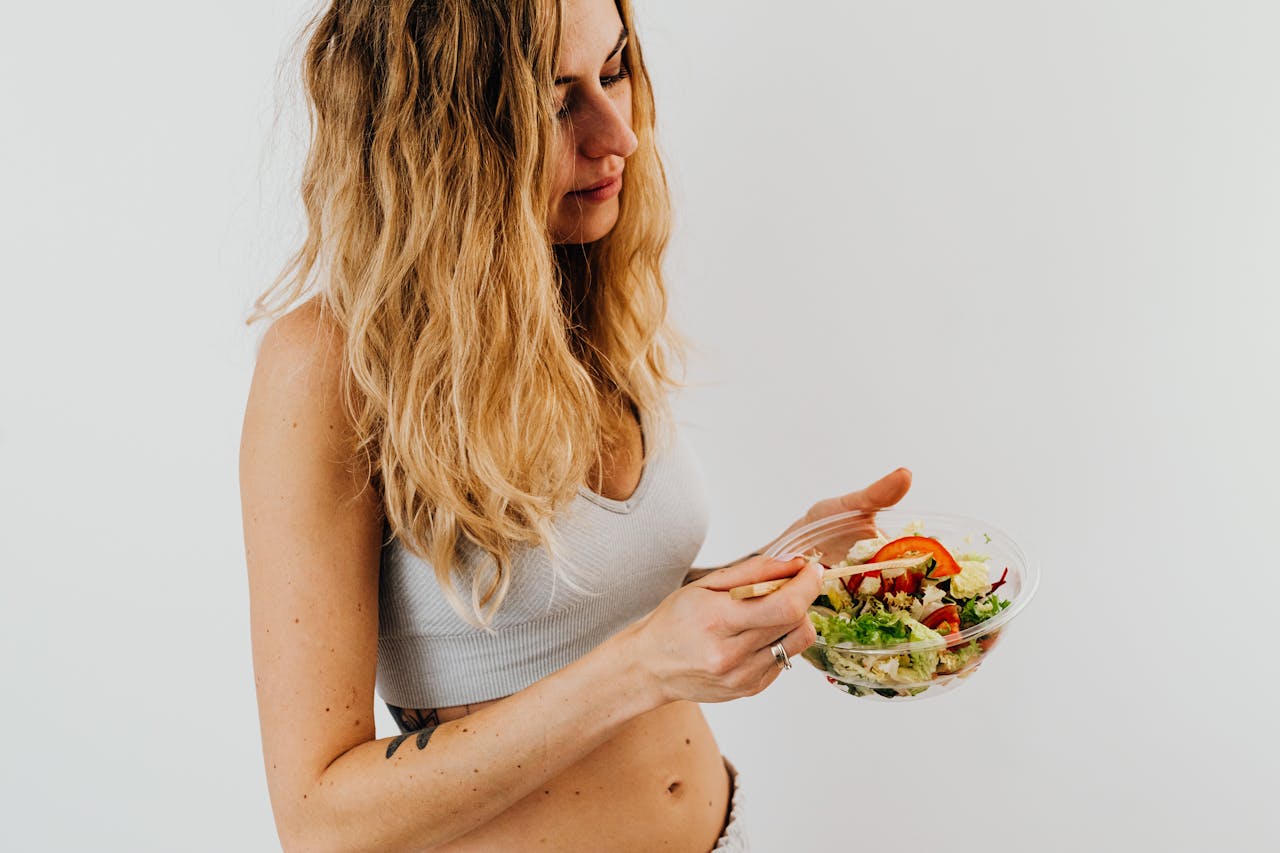 Pexels
Pexels
Essential nutrients like iron, zinc, omega-3 fatty acids, and vitamins A, C, D, and E, for example, are vital for healthy hair growth. Without them, hair is more likely to be limp and thin.
As mentioned above, right now, the hair growth supplement market is booming. But essentially, these are just multivitamins packed with many of the above vitamins and minerals. While supplements can help many people get the vitamins they need, many experts maintain that you can also get them from your diet.
“You don’t need a cabinet full of fancy bottles for fabulous hair. A well-rounded, plant-based diet is your secret weapon for healthy, lustrous locks.” —Sapna Peruvemba, MS, RDN
Whole food, plant-based diets are incredibly nutrient-dense. They contain most of the essential vitamins and minerals we need to thrive, and they’re also rich in potent antioxidants and plant compounds.
“While it’s smart to supplement vitamin D and B12 on a vegan diet, the rest of these powerhouse nutrients can be found in your everyday plant-based foods,” Sapna Peruvemba, MS, RDN of Health by Sapna told VegNews (find out more about vitamin B12 here and vitamin D here). “So you don’t have to turn to expensive pills to get the nutrients that support hair growth.”
These “everyday foods” are simple: they are things like beans, nuts, seeds, greens, fruits, and vegetables, all of which are packed with nutrients that may help to reduce hair loss and promote growth. But there are some that are more helpful than others.
“When it comes to hair health, the VIPs of your diet are omega-3 fats and protein, along with vitamins A, B (especially biotin), and D, and minerals like iron, zinc, and selenium,” explains Peruvemba. “Think of these nutrients as the ‘building blocks’ for hair that shines and sways like it just starred in a shampoo commercial.”
5 top tips for hair growth, according to a dietitian
For more specific hair advice and delicious recipe inspiration, find Peruvemba’s five hair growth tips below.
1 Eat plenty of dark, leafy greens
Dark, leafy greens are nutrient powerhouses. They have been associated with many different health benefits thanks to their vitamin, mineral, and antioxidant content, including a reduced risk of disease. But this means they’re also beneficial for hair growth, says Peruvemba.
“Dark, leafy greens like spinach, kale, and Swiss chard are the kings of the hair-health kingdom,” she explains. “Packed with iron, biotin, folate, and vitamin A, these greens will have your hair thanking you for its newfound shine and strength.”
Try dark, leafy greens in a recipe: Zesty Vegan Spinach Salad With Blackened Chickpeas
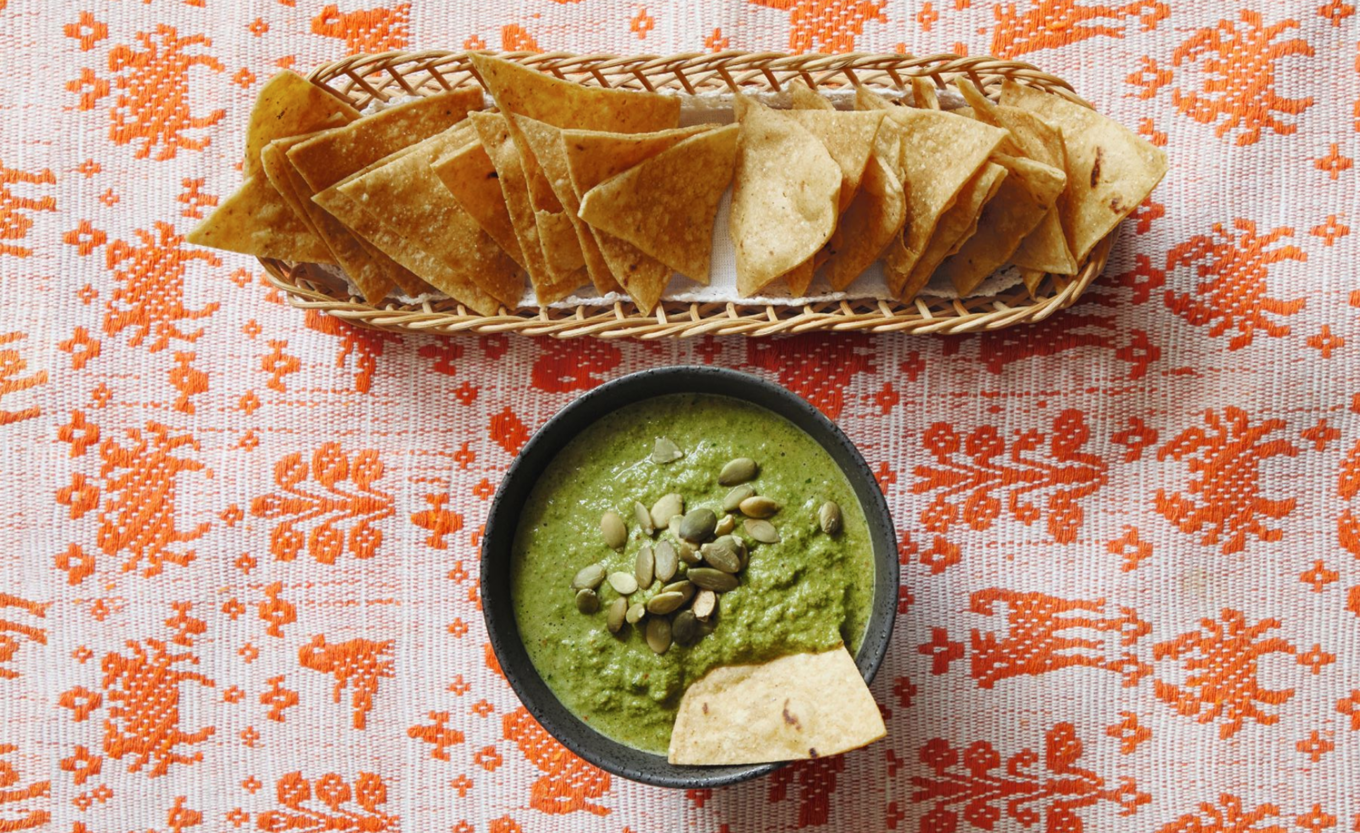 Ignacio ‘Nacho’ Urquiza
Ignacio ‘Nacho’ Urquiza
2 Snack on nuts and Seeds
If you like a little snack every now and again (and who doesn’t?), consider adding in a handful of nuts and seeds. They’re packed with goodness and have been associated with a number of health benefits, including reduced stress, but they could also do your hair the world of good, says Peruvemba.
“Nuts and seeds like pumpkin seeds, chia seeds, flaxseeds, peanuts, and walnuts are like little nutrient-dense bombs of omega-3 fats, zinc, and B vitamins like biotin,” she explains. “They’re the snack that fights off hair brittleness and breakage, helping your hair grow strong from root to tip.”
Try nuts and seeds in a recipe: Vegan Pepita-Chile Seed Dipping Sauce
3 Eat plenty of legumes
“Legumes are not just protein powerhouses,” says Peruvemba. “They’re also loaded with iron and folate, two key players in keeping your hair healthy. Bonus: They’re high in protein, which is the foundation of strong, resilient hair.”
Examples of legumes include beans (including black beans, kidney beans, and lima beans), peas, lentils, chickpeas, peanuts, and mung beans—all are nutrient-dense and easy to cook with.
Try legumes in a recipe: Vegan Spanish Smoky White Beans
4 Don’t skip soy
“Soy often gets a bad rap for its phytoestrogens (plant-based estrogens), but here’s the real deal: For most people, a moderate intake of soy is actually beneficial, especially for women with lower estrogen levels or those in menopause,” notes Peruvemba. “Soy could help balance your hormones in a way that benefits your hair.”
Peruvemba explains that the isoflavones in soy help to manage levels of another hormone called dihydrotestosterone (DHT), which, in excess, may cause hair thinning and loss. Isoflavones, however, “compete with DHT receptors,” which may help to reduce the hair loss effects. “Soy might actually be on your side in the battle against hair loss,” she adds.
Some of the best dietary sources of soy include tofu, tempeh, soy milk, and textured vegetable protein.
Try soy in a recipe: Vegan Smoky Tempeh Peanut Satay
5 Indulge in water-rich foods
“Ever notice how a plant wilts when it doesn’t get enough water?,” asks Peruvemba. “Your scalp is kind of the same way. Without proper hydration, it can become dry, flaky, and, well, a bit grumpy. But when you stay hydrated, your scalp is happy and nourished, which means hair follicles get the nutrients they need to keep your hair growing.”
As well as drinking water, another way to stay hydrated is to eat plenty of water-rich foods. According to Peruvemba, some of the best include cucumber, watermelon, and oranges. “[Eating these foods is] like giving your scalp a refreshing drink that keeps it hydrated and your hair glossy,” she adds. “Stay hydrated, and your hair will stay vibrant, too!”
Try water-rich foods in a recipe: Vegan Watermelon Cucumber Gazpacho
For more plant-based stories like this, read:
JUMP TO ... Latest News | Recipes | Guides | Health | Subscribe

